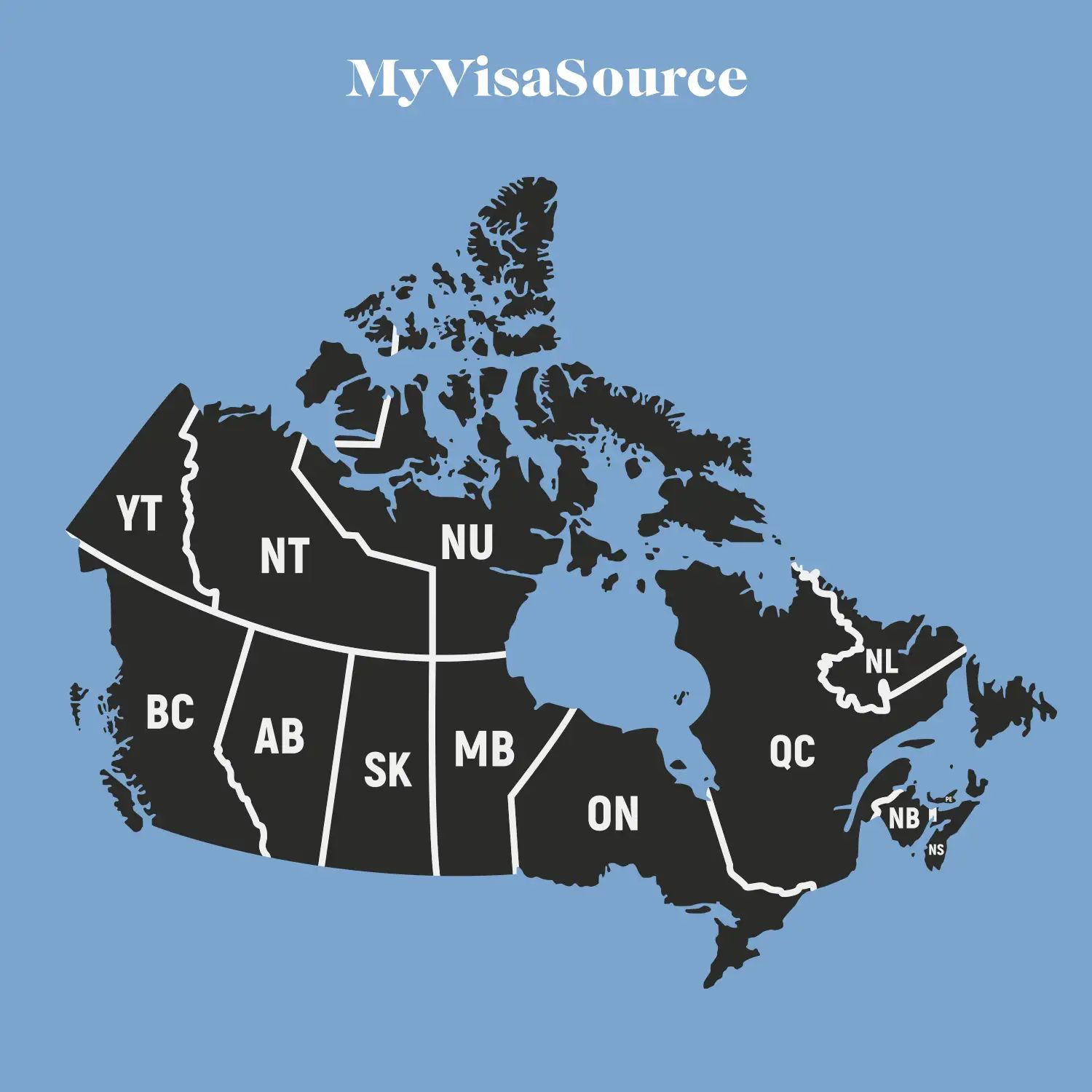In Canada, most of the provinces and territories can invite or nominate immigrants to apply for Permanent Residence status under the Provincial Nominee Program (PNP). Each province or territory has its own specialized targets to attract the specific groups of individuals that meet particular local needs, from students or business people to skilled workers or semi-skilled workers. To qualify under a PNP, in addition to other criteria, applicants must agree to live in the province that nominated them.
How Does the PNP Affect an Immigrant’s Choice of Province?
Because PNPs are designed to fit specific needs of a province or territory, each province has its own Express Entry aligned PNP Streams and its own targeted streams. Details of the application process depend on the PNP and it is suggested that applicants check with each province’s PNP website. These programs can change frequently according the needs of the province.
Before applying to a PNP, an applicant must first qualify for the Federal Express Entry system through the Federal Skilled Workers Program, the Federal Skilled Trades Program, or the Canadian Experience Class Program.
After qualifying for the Federal Express Entry system, the applicant must then meet the minimum requirements of the particular PNP before being nominated under that program.
Why Are the Western Provinces Such a Desirable Location for New Immigrants?
The Western region of Canada includes British Columbia, Alberta, Saskatchewan, and Manitoba. The promise of a living wage, gainful employment, and high living standards are some of the reasons these provinces are attracting so many new immigrants. There is significant population growth in some of these provinces which has created new employment opportunities.
Another reason for the increase in settlement in the Western region is the simple fact that these provinces are pushing to increase the number of immigrants who live and work here. In particular sectors of these these economies, there is an overwhelming need for a strong, internationally trained workforce.



















